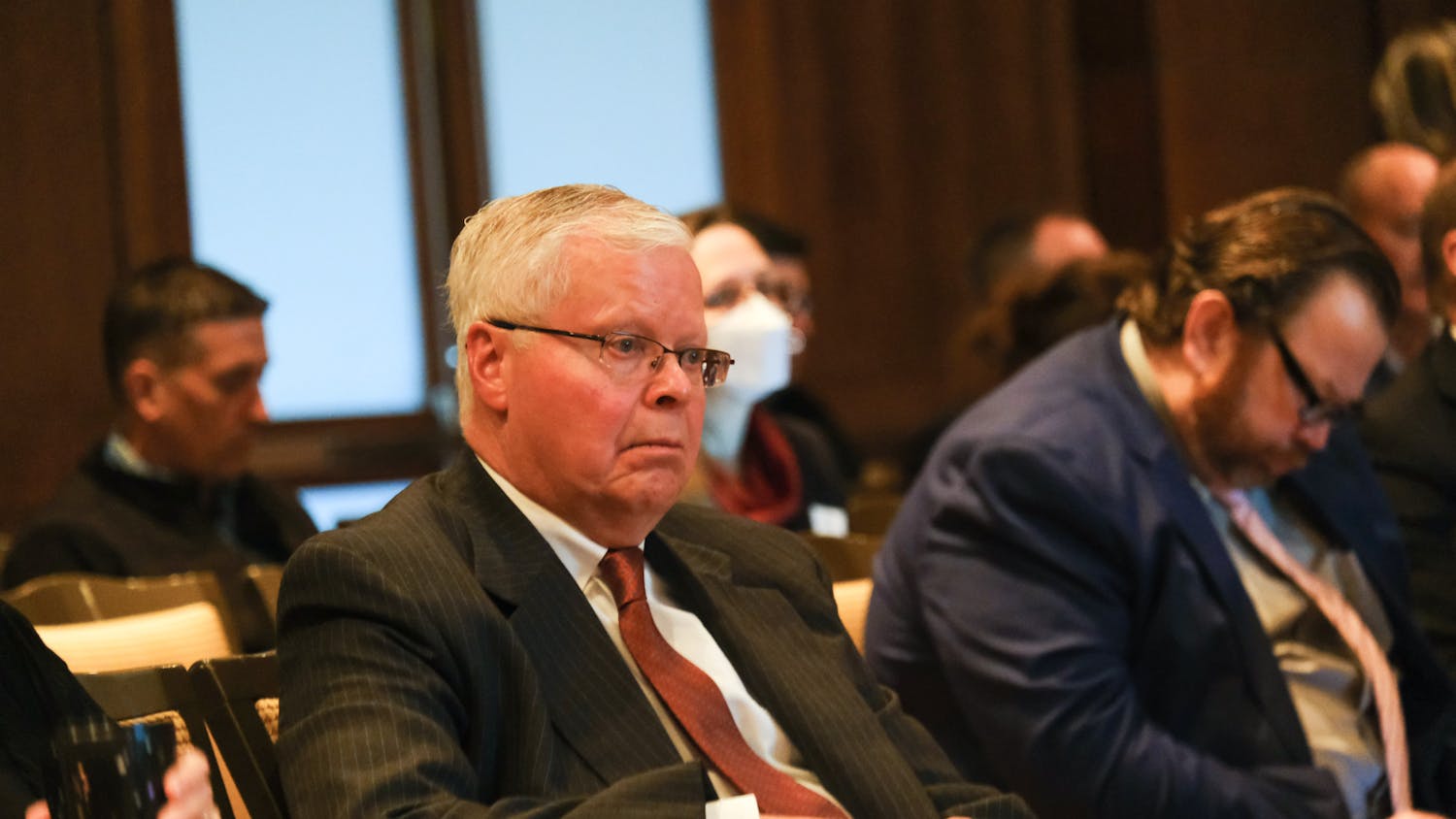Chancellor Jennifer Mnookin announced updated University of Wisconsin-Madison sustainability goals Friday, including a commitment to 100% renewable electricity on campus by 2030 and net-zero emissions by 2048.
The updated framework, unveiled at a UW Board of Regents meeting in Madison, features five main goals to guide the university’s sustainability initiatives.
Alongside the renewable energy commitment, the university aims to be a zero-waste campus by 2040, ensure access to sustainable education for all students by 2030 and provide resources for sustainability research through the Sustainability Research Hub. The university also strives to achieve STARS Gold by 2025. STARS is an assessment tool used by colleges and universities to measure sustainability performance.
“This is what we owe to our neighbors, as settlers of native land as beneficiaries of public funds and as educators preparing our students to make a real difference in the world,” Mnookin said.
The plan comes after months of deliberations involving the Office of Sustainability, The Nelson Institute, the Chancellor’s Office, Associated Students of Madison (ASM) Sustainability and the Student Subcommittee of the Sustainability Advisory Council (SSSAC).
Christina Treacy, ASM Sustainability chair and SSSAC member, said the announcement is a “big step” for the university, especially in Wisconsin’s fraught political climate.
“We're excited that the university is actually taking institutional action on sustainability,” Treacy said. “The fact that we have goals in the first place is progress.”
How does UW-Madison’s green footprint compare to other universities?
UW-Madison falls behind many of its peers in sustainability and renewable energy measures.
The university currently has a silver rating for STARS. Other Big Ten schools, like the University of Minnesota, the University of Michigan and The Ohio State, are gold rated.
UW-Madison’s updated goals strive to achieve a gold rating by 2025, despite setting a goal to achieve this by 2024 in a 2021 presentation.
UW-Madison has lagged behind other colleges in renewable energy usage. The EPA ranks their top 30 college and university partners’s annual green power usage, and UW-Madison ranks 25th in the list. It falls behind the University of Michigan, the University of Iowa and the University of California, among others. According to UW-Madison, only 16% of campus’ electricity use was generated from renewable sources.
Becoming a net-zero emissions campus requires tackling scope two emissions, which are indirect carbon emissions from electricity purchase. UW-Madison does not produce all of its own electricity and purchases a portion from Madison Gas and Electric (MGE). MGE aims to have net-zero carbon electricity by 2050 and reduce emissions by 80% in 2030.
“One of the big concerns was about what accountability MGE has to the university, because a lot hinges on that,” said Winston Thompson, ASM Sustainability logistics coordinator and SSSAC member.
SSSAC and ASM Sustainability are pushing for student involvement in plan implementation and hope to expand on concerns raised in previous meetings.
“There were things that we brought up, including a more specific description of waste streams and also making sustainability and academics a requirement. Those were not addressed as much as we would have liked them to be,” Treacy said.
The university’s goals remain unchanged from a draft presentation in November despite student feedback, according to Treacy.
“It's a little bit discouraging to see that our further feedback was not necessarily implemented,” Treacy said.
For now, Treacy said SSSAC and ASM Sustainability Committee are looking forward to more conversations with the administration to progress the plan.
“What is next?” Treacy said. “We need to figure out the specifics and move it along.”
Mary Bosch is the college news editor and photo editor emeritus for The Daily Cardinal. She is a second year journalism and sociology student with a focus in data. Follow her on twitter: @Mary_Bosch6






